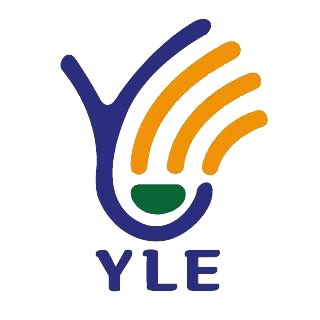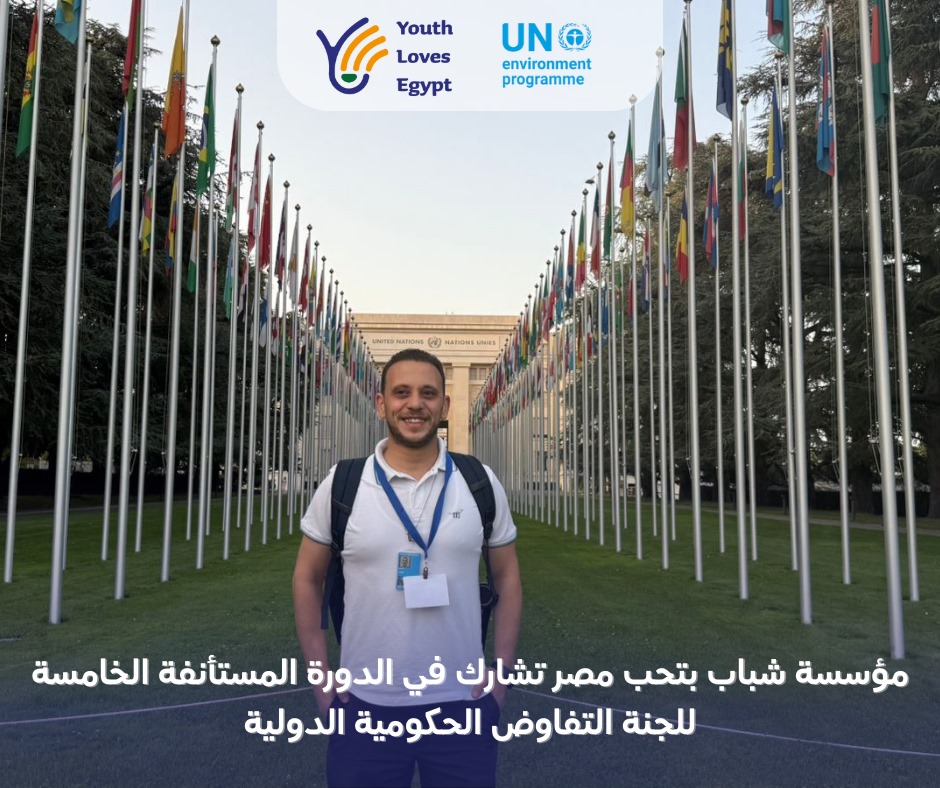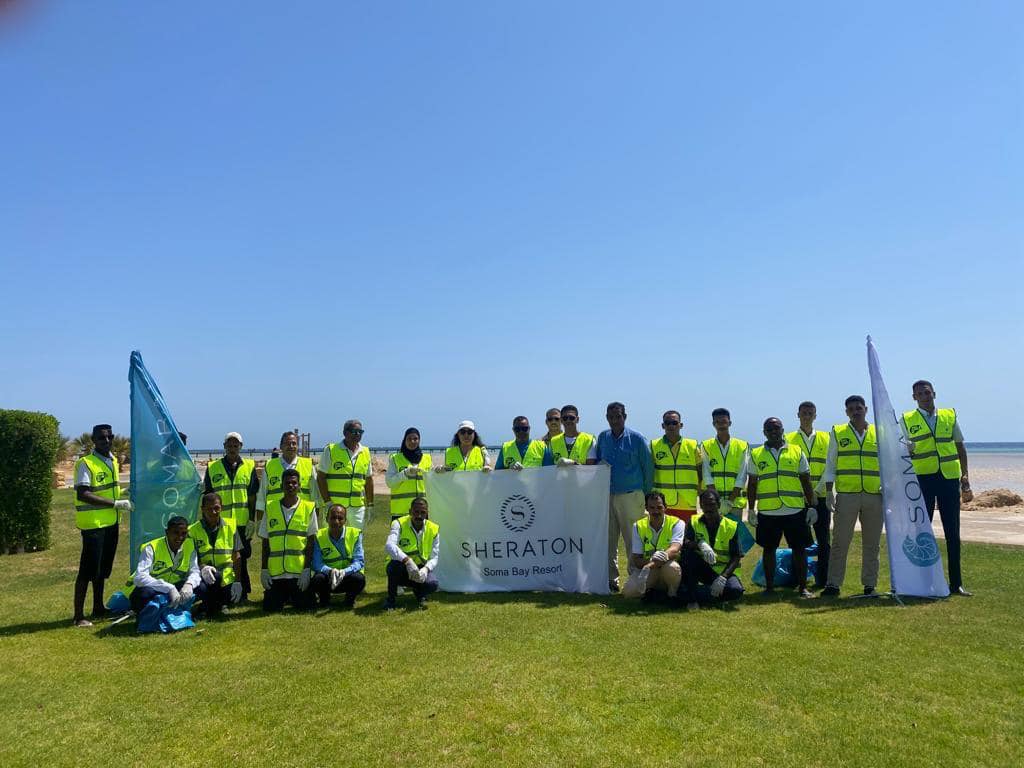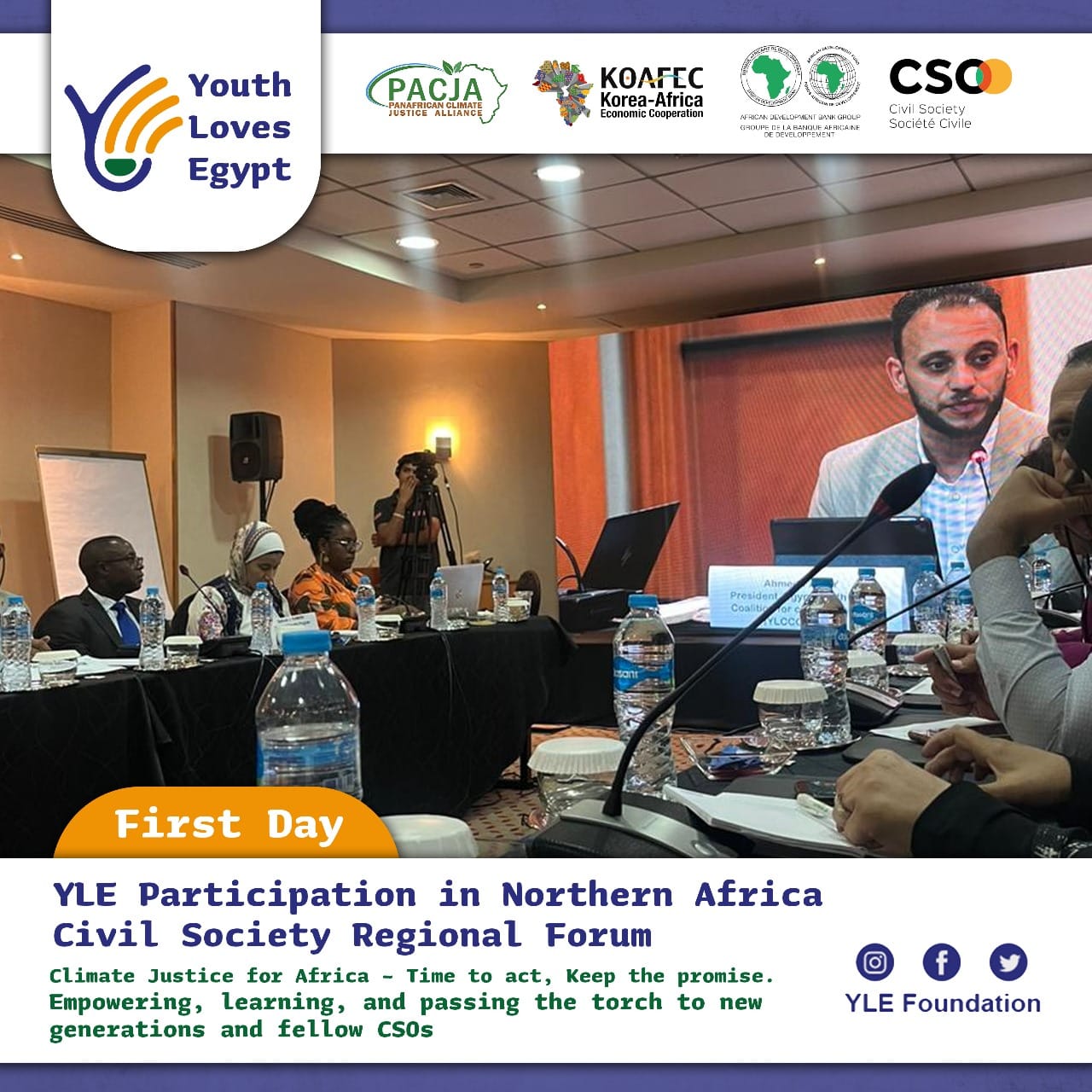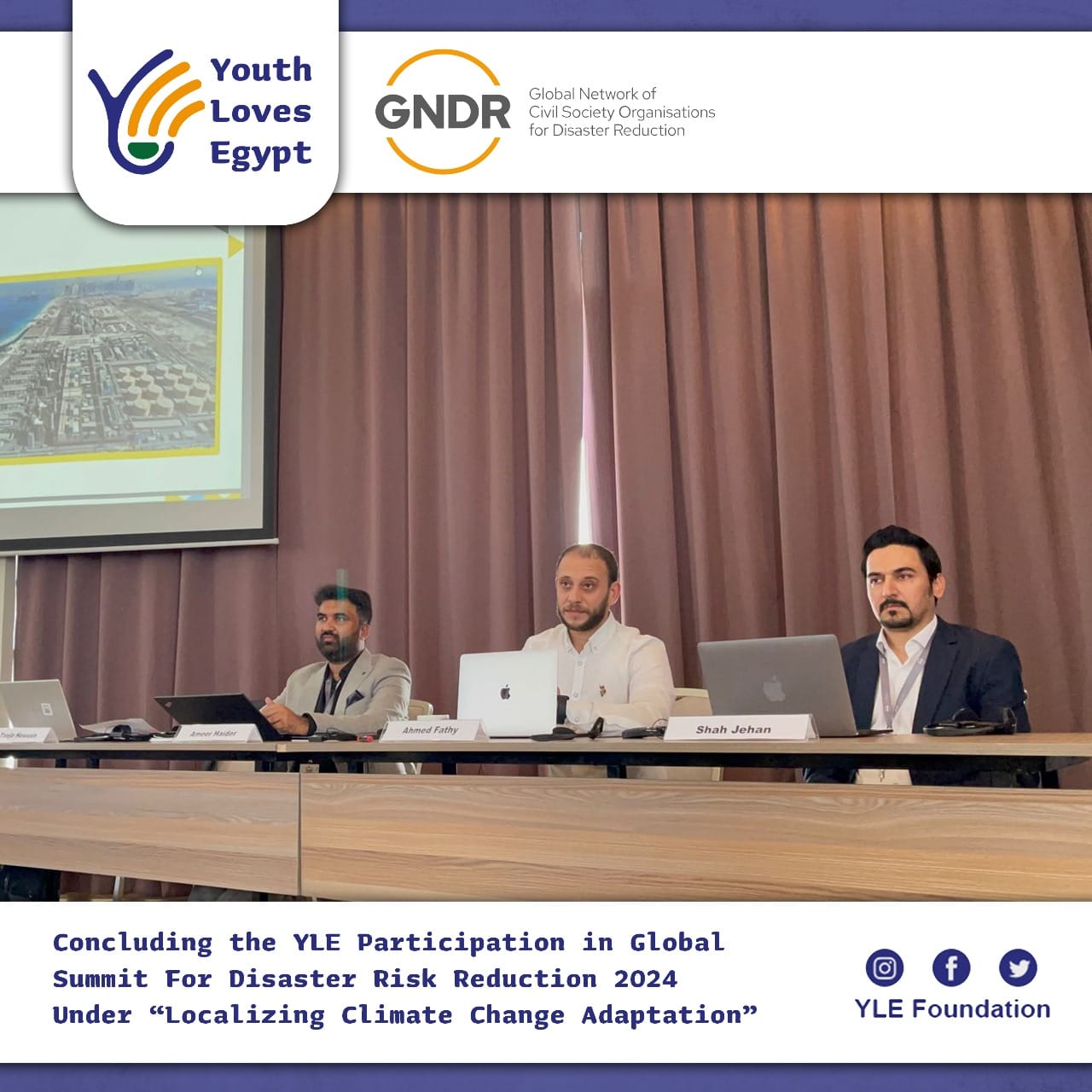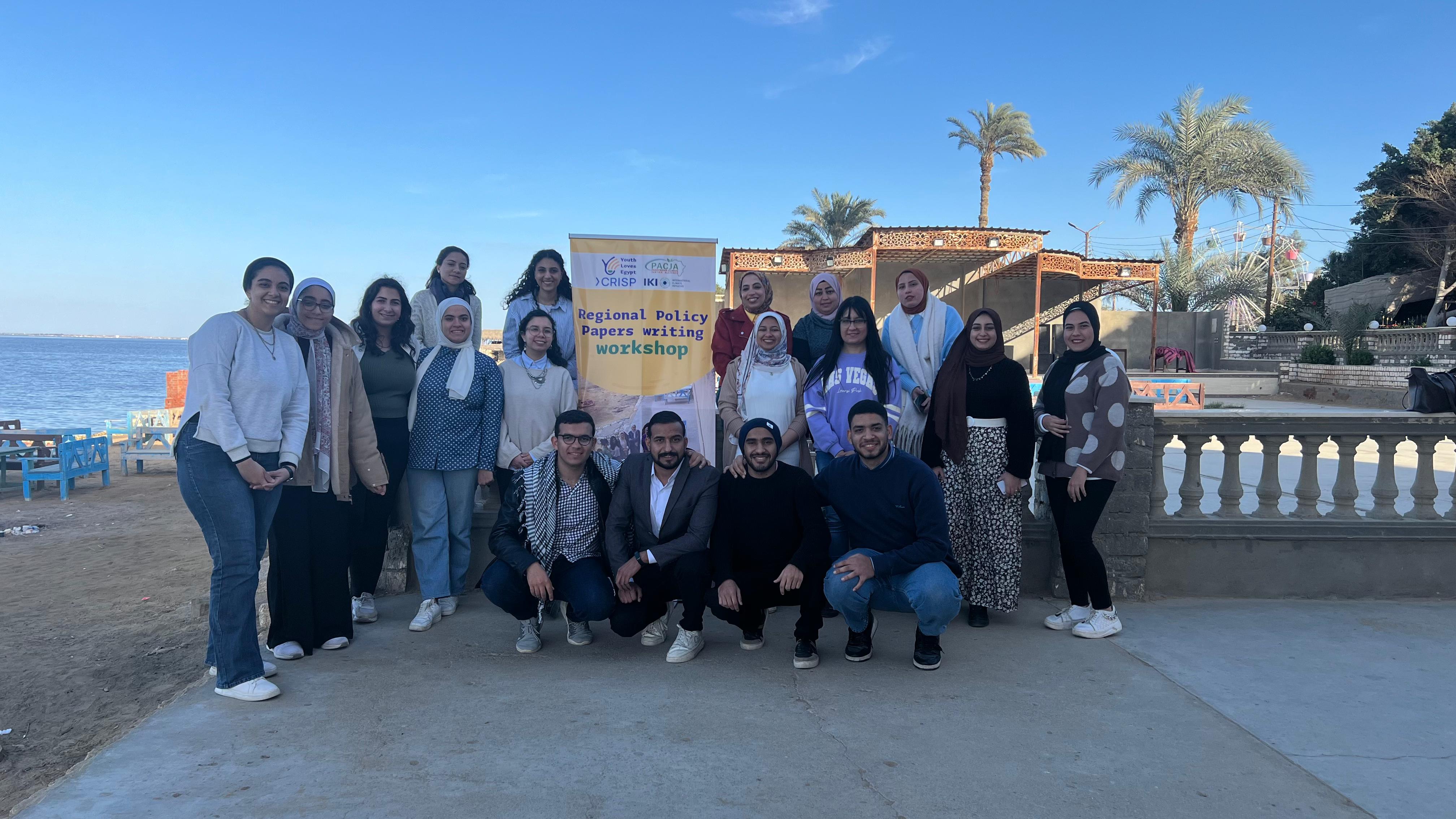The fifth session of the Intergovernmental Negotiating Committee (INC-5.2) on plastic pollution concluded without reaching a final, legally binding global treaty to end plastic pollution.
While the negotiations offered critical insights into the complexities and future trajectory of the process, the core objective of INC-5.2—to finalize a comprehensive treaty addressing the full life cycle of plastics—remained unmet. Major disagreements, particularly over whether to impose limits on virgin plastic production, prevented consensus, and the talks were extended to an unspecified future date.
One of the central contentious points revolved around whether the treaty should prioritize restrictions on plastic production or focus mainly on waste management, reuse, and improved product design—highlighting divergent priorities among countries and stakeholders.
YLE Foundation played an active role in the second round of INC-5.2 negotiations but expressed deep disappointment over the failure to reach a binding international instrument on plastic pollution.
The organization participated in the session held in Geneva from 5 to 15 August 2025 and closely followed its developments. After more than ten days of intensive negotiations, the final sessions were postponed without adopting any text—marking a second lost opportunity following the failure of the Busan round in South Korea in December 2024.
Ahmed Fathy, Executive Director of YLE Foundation and the organization’s representative in Geneva, explained that delegates spent more than 24 consecutive hours in the final day of the conference moving between regional consultations, heads-of-delegations meetings, and press briefings. However, despite days of exhausting efforts, the committee was unable to reach the needed agreement. He noted that this “double failure” demonstrates that the challenge extends beyond technical negotiations and requires genuine political will that transcends narrow interests.
Fathy further stated that deep divisions among negotiating groups emerged on key issues, including setting limits on virgin plastic production, addressing hazardous chemicals, and ensuring fair financing mechanisms for developing countries. He added that criticism was widespread regarding the management of sessions and the negotiation process itself, prompting many to question the future of the talks—whether they will continue under INC-5.3 or take a different format.
He stressed that responsibility now lies with the entire international community to reset priorities, underscoring the importance of the next political decision in shaping the trajectory of negotiations, which will serve as a crucial turning point in defining the roadmap ahead.
Fathy reiterated the organization’s clear call: any future text must be legally binding, equipped with effective compliance and monitoring mechanisms, ensure inclusive participation of civil society and developing countries, establish a clear timeline for adoption, and neutralize the influence of vested industrial interests that hinder progress.
He concluded that while the failure of the Geneva negotiations represents a painful setback in tackling plastic pollution, it is not the end of the road. Youth Loves Egypt Foundation will continue to advocate and push forward until the necessary consensus is achieved to protect our planet and secure the future of generations to come.
